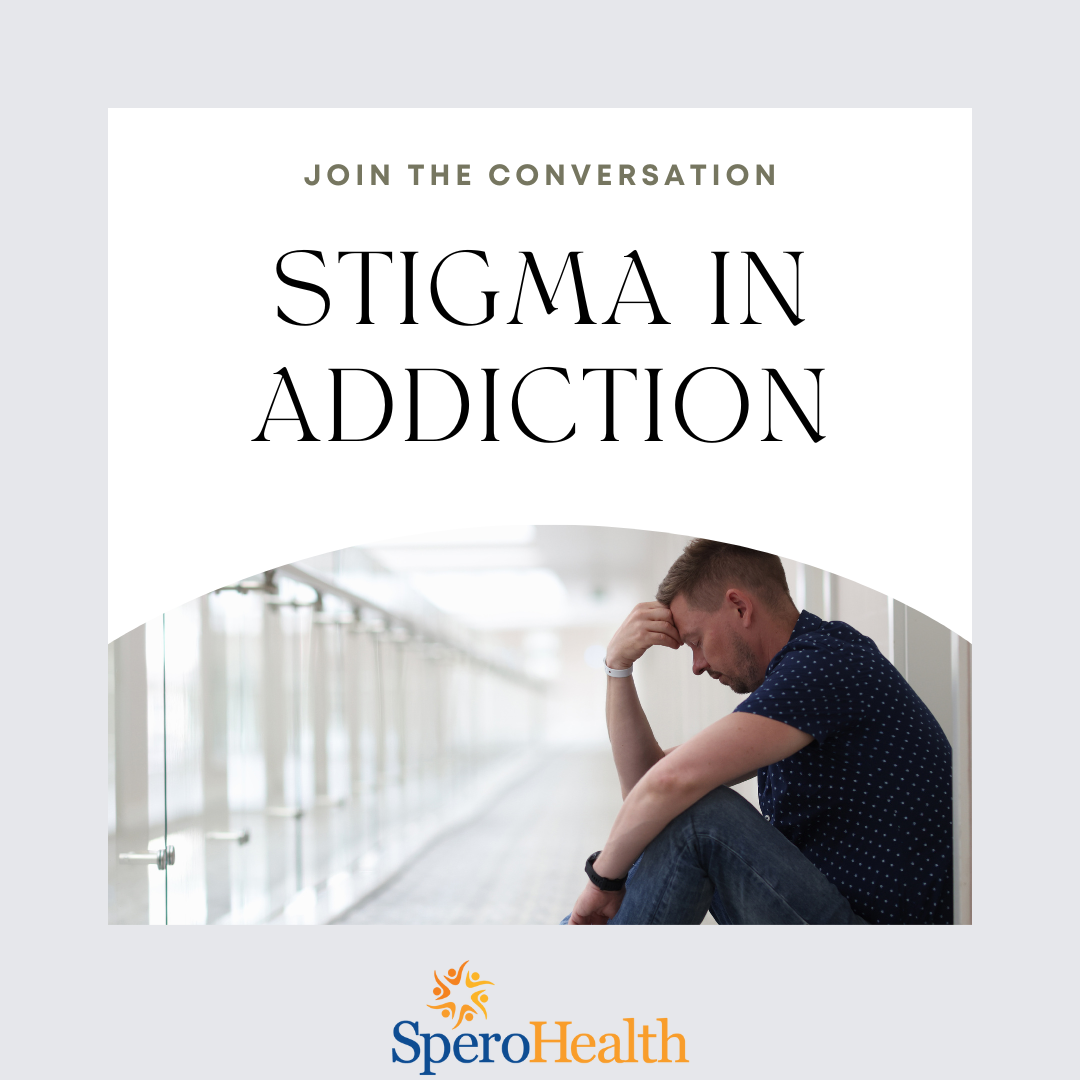Unveiling the Truth about Addiction and Shifting Perspectives
Addiction: a word that often carries a heavy burden of judgment and stigma. In our society, individuals struggling with addiction face not only their own personal battles but also the weight of systemic stigma. It’s time to have an open and honest conversation about this pervasive issue, as it prevents those in need from seeking the help they deserve and leads to their exclusion from the medical system.
Understanding Addiction Stigma
Societal attitudes and stereotypes play a significant role in perpetuating the stigma surrounding addiction. Portrayals in the media often reinforce negative perceptions, further entrenching the biases held by the public. Stigmatizing language and misconceptions only serve to deepen the divide between those struggling with addiction and the rest of society.
The Consequences of Stigma
The impact of stigma reaches far beyond the realm of public opinion. Stigma erects significant barriers to seeking help, as individuals fear judgment and social repercussions. The internalization of stigma leads to self-shame, often exacerbating the struggles individuals face. Moreover, systemic stigma has resulted in limited access to vital resources and treatment options for those battling addiction.
The Role of Education and Awareness
Education and awareness are crucial in dismantling addiction stigma. Dispelling myths and misconceptions about addiction is a powerful tool in challenging societal beliefs. It is essential to recognize addiction as a chronic condition, requiring comprehensive support and understanding. Promoting empathy and compassion towards individuals with addiction can break down the walls that stigma has built.
Reducing Stigma and Building Supportive Systems
It is time to stand up against stigma and build a more supportive environment for individuals in recovery. Empowering individuals to share their stories and experiences is a vital step towards reducing stigma. Advocacy for policy changes and increased funding for addiction treatment programs is necessary to prioritize the well-being of those struggling with addiction. Integrating addiction treatment into mainstream healthcare will ensure that comprehensive care is accessible to all.
Recovery and Treatment: A Path to Transformation
Recovery from addiction is not only possible but also transformative. With appropriate support and evidence-based treatment, individuals can regain control of their lives and thrive. Research has shown that:
- According to a study published in the Journal of Addiction Medicine, individuals in treatment for substance use disorders experienced significant improvements in their overall well-being, including reduced substance use, improved physical health, and increased social functioning.
- The Substance Abuse and Mental Health Services Administration (SAMHSA) reports that about 50% to 70% of individuals who engage in treatment for substance use disorders show improvement in their addiction symptoms and overall quality of life.
- The National Institute on Drug Abuse (NIDA) highlights that long-term recovery is achievable for individuals struggling with addiction. With ongoing support, including counseling, peer support groups, and access to healthcare services, individuals can sustain their recovery and lead fulfilling lives.
The weight of systemic stigma surrounding addiction is a burden that society must collectively bear. By recognizing and addressing the stigma that prevents individuals from seeking help, we can create a more compassionate and supportive society. It is time to break the chains of stigma, prioritize addiction treatment, and ensure that no one is left behind.
